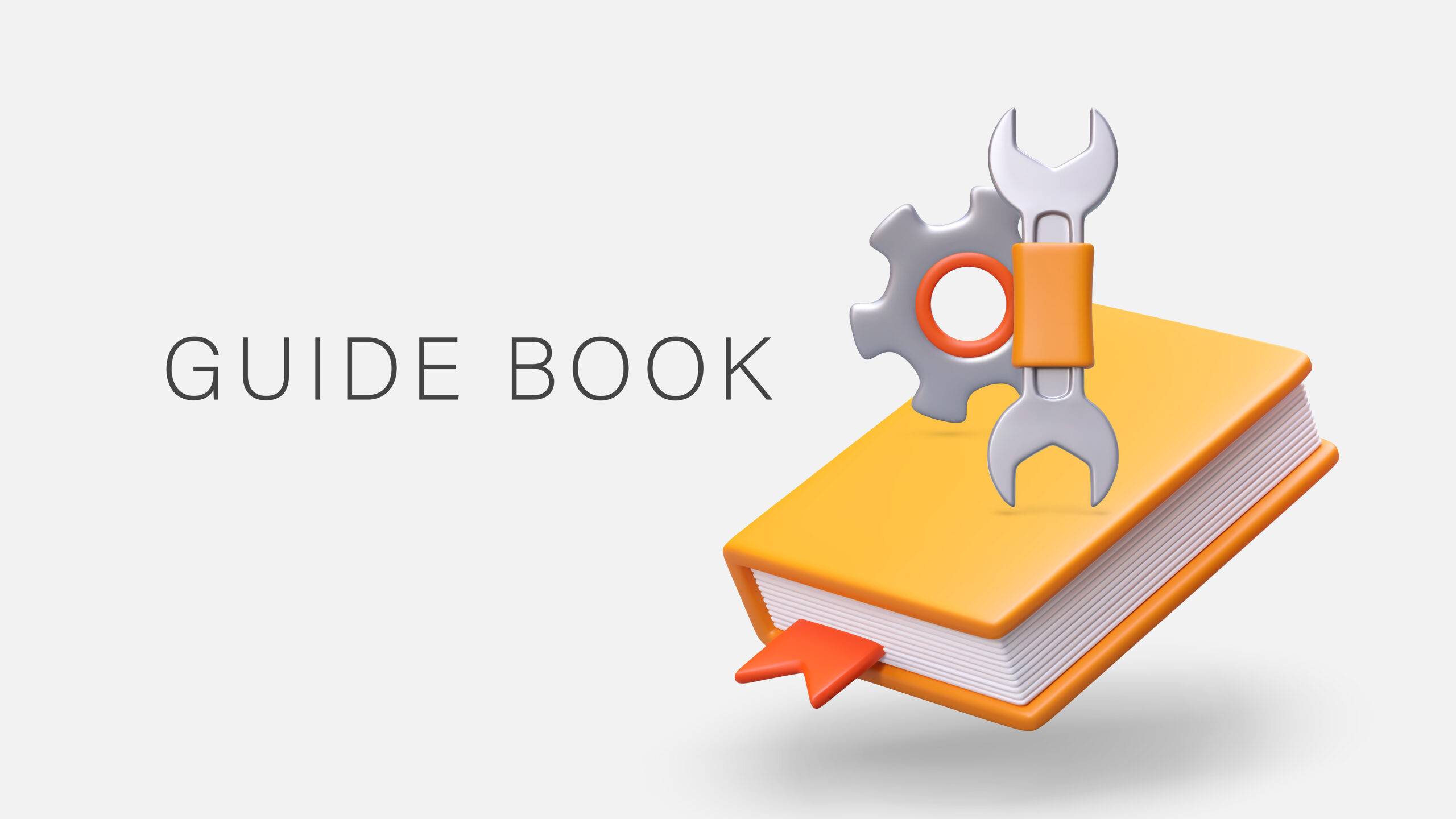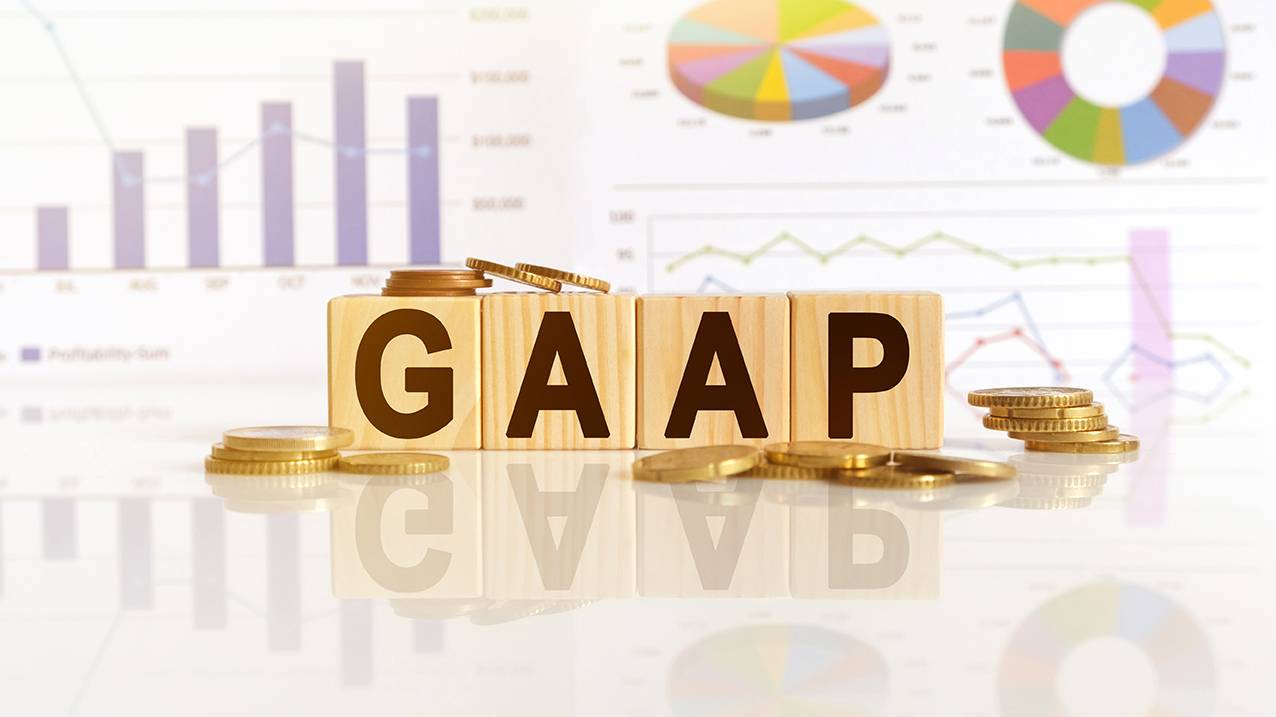Self-Study
Internal Controls in Accounts Payable
Strengthen your AP department with proven fraud prevention and control strategies. Transform payment processes while eliminating costly errors and inefficiencies.

$232.00 – $262.00
Webcasts are available for viewing Monday – Saturday, 8am – 8pm ET.
Without FlexCast, you must start with enough time to finish. (1 Hr/Credit)
Please fill out the form below and we will reach out as soon as possible.
CPE Credits
8 Credits: Accounting
Course Level
Overview
Format
Self-Study
Course Description
The absence of strong internal controls in accounts payable can lead to increased fraud risk, duplicate payments, and inefficiency, posing a significant problem for any organization. Internal Controls in Accounts Payable examines these issues by highlighting the various control challenges faced in accounts payable, from regulatory consequences to the breakdown of controls at crucial stages. The solution offered is a comprehensive guide by industry expert Mary Schaeffer, who provides insights on detecting control problems and implementing effective measures. Participants in this accounts payable internal controls CPE course will learn how to identify weak points in their existing systems and the best practices to strengthen their accounts payable functions. The CPE internal controls for accounts payable CPE course covers everything from policy manuals and segregation of duties to tackling fraud and electronic payment controls, ensuring a holistic approach to enhancing accounts payable controls.
Learning Objectives
Upon successful completion of this course, participants will be able to:
- Detect problems likely to occur as a result of weak controls;
- Identify the regulatory consequences of poor or ineffective controls;
- Identify accounts payable practices that weaken controls;
- Pinpoint problems likely to occur if strong controls are not used in accounts payable;
- Delineate problems created when segregation of duties are not set up correctly;
- Identify issues that arise due to poor internal controls;
- Identify the relationship between fraud and poor internal controls;
- Identify weak control practices that enable duplicate payments;
- Identify places where internal controls commonly breakdown in accounts payable;
- Cite how an accounts payable policy and procedures manual strengthens controls;
- Identify places where purchase orders cause control problems;
- Identify how best invoice control practices improve the processing function;
- Cite how control issues can fail during the month-end and year-end close;
- Cite proper controls regarding the check production process;
- Identify controls related to check request forms;
- Identify controls that should be incorporated into every corporate procurement program;
- Cite best control practices related to electronic payments;
- Cite how controls around the master vendor file prevent fraud and help the bottom line;
- Identify how to control expense reimbursement fraud;
- Cite why it is important to have a policy regarding employees using personal devices for work;
- Identify how to check for bribery into the accounts payable department;
- Identify control problems created when employees share passwords;
- Cite the importance of eliminating petty cash boxes;
- Identify issues created by super users of ERP systems;
- Identify how a good policy and procedures manual can strengthen internal controls; and
- Cite how updating the policy and procedures manual on a regular basis strengthens internal controls.
Course Specifics
1153370
October 28, 2022
There are no prerequisites.
None
179
Compliance Information
CMA Notice: Western CPE makes every attempt to maintain our CMA CPE library, to ensure a course meets your continuing education requirements please visit Insitute of Management Accountants (IMA)
CFP Notice: Not all courses that qualify for CFP® credit are registered by Western CPE. If a course does not have a CFP registration number in the compliance section, the continuing education will need to be individually reported with the CFP Board. For more information on the reporting process, required documentation, processing fee, etc., contact the CFP Board. CFP Professionals must take each course in it’s entirety, the CFP Board DOES NOT accept partial credits for courses.
Meet The Experts

Mary S. Schaeffer, MBA, has the inimitable ability to find accounts-payable-related solutions that really work—without making a major dent in the bottom line. Armed with a degree in math and a graduate degree in finance, she takes a “roll up your sleeves and dig into the details” approach to finding solutions to those problems that cause migraines for CFOs, controllers, and managers. Fifteen years spent researching and writing about payment issues gives Mary a unique vantage point. Combine that with an almost equal amount of time spent in the corporate trenches of several large finance and treasury departments, and you’ll understand …
Related Courses
-
 Accounting
Accounting
Accountants’ Guidebook
Steven M. Bragg, CPA QAS Self-Study
Credits: 30 $600.00
QAS Self-Study
Credits: 30 $600.00$600.00 – $640.00
-
 Accounting
Accounting
Accounting Fraud: Recent Cases
Joseph Helstrom, CPA QAS Self-Study
Credits: 1 $29.00
QAS Self-Study
Credits: 1 $29.00$29.00 – $49.00
-
 Accounting
Accounting
GAAP Guidebook
Steven M. Bragg, CPA QAS Self-Study
Credits: 29 $580.00
QAS Self-Study
Credits: 29 $580.00$580.00 – $620.00
